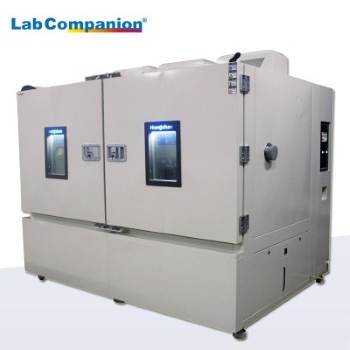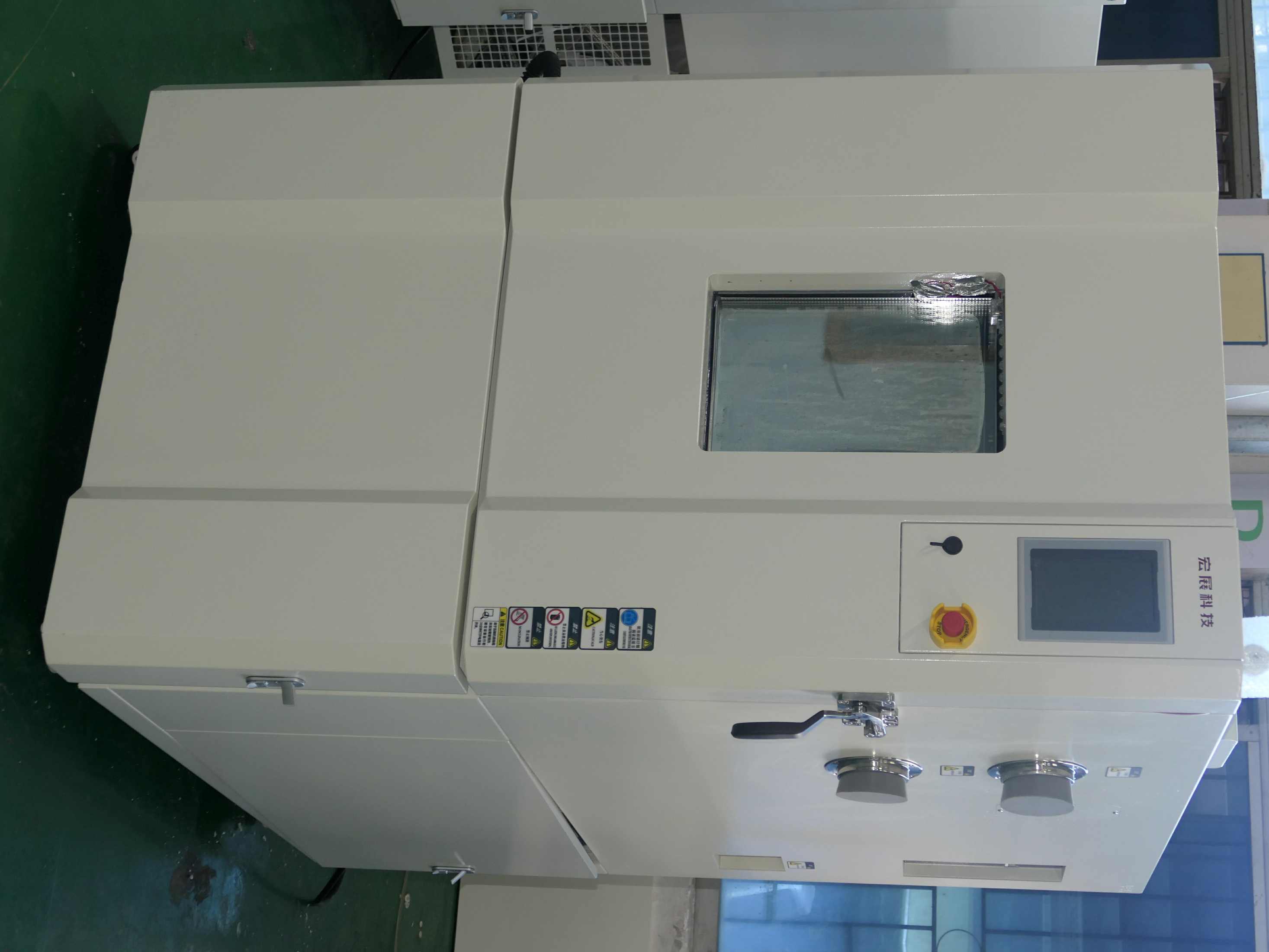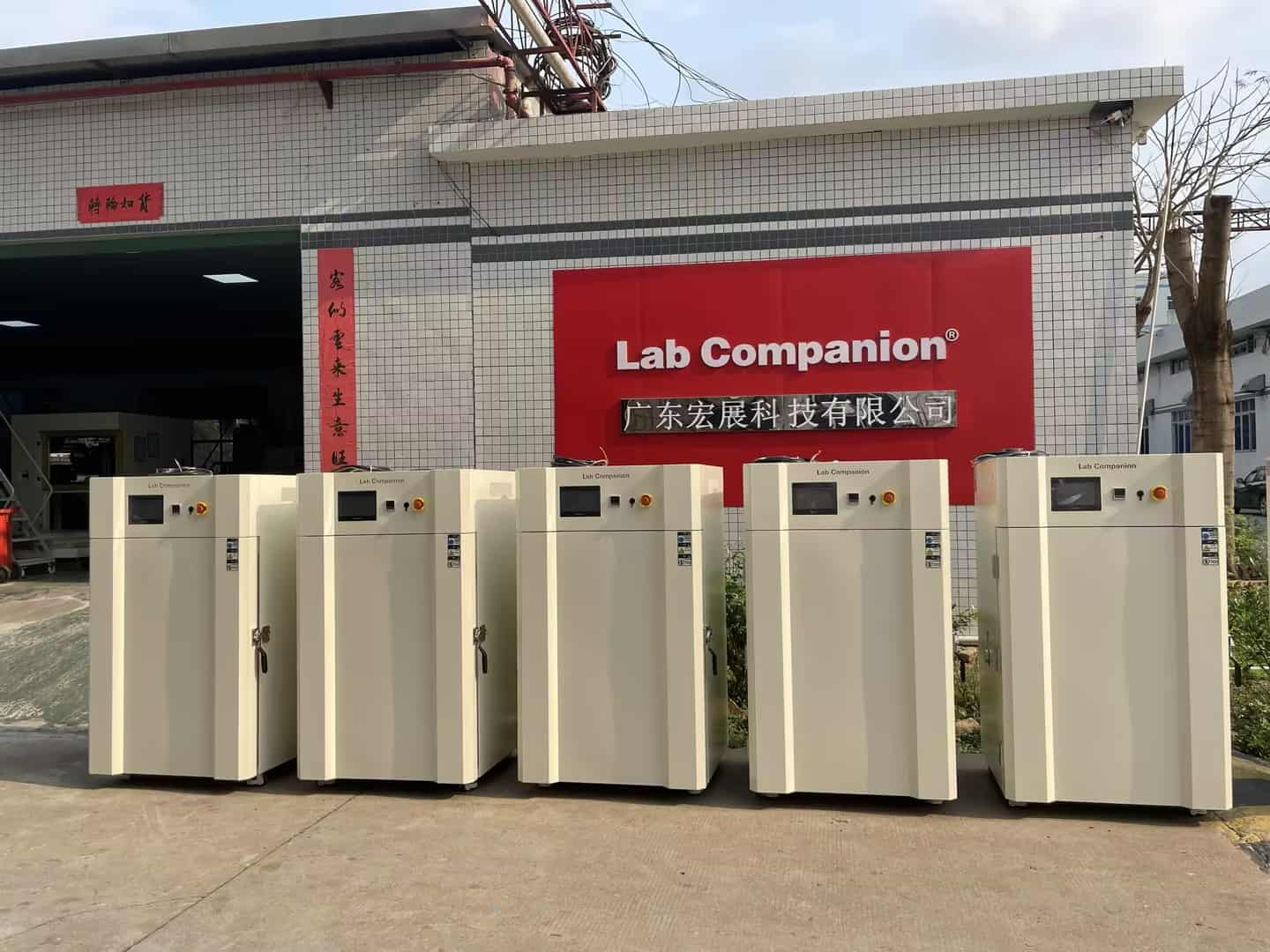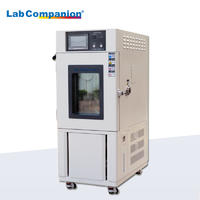Key Differences in Using Environmental Test Chambers Between Summer and Winter
Nov 26, 2025
The core difference lies in the impact of ambient temperature and humidity variations on equipment operating efficiency, energy consumption, and test accuracy. Targeted measures for temperature/humidity control, heat dissipation/anti-freezing, and maintenance are required. Specific differences and precautions are as follows:
I. Core Difference Comparison Table
Dimension
Summer Operation Characteristics
Winter Operation Characteristics
Ambient Conditions
High temperature & high humidity (room temp: 30-40℃, RH: 60%-90%)
Low temperature & low humidity (room temp: 0-15℃, RH: 30%-60%)
Equipment Load
High refrigeration system load, prone to overload
High heating system load; humidification compensation required for certain models (e.g., temperature-humidity chambers)
Impact on Test Accuracy
High humidity causes condensation, affecting sensor accuracy
Low temperature leads to pipeline freezing; low humidity may reduce stability of humidity tests
Energy Consumption
High refrigeration energy consumption
High heating/humidification energy consumption
II. Season-Specific Precautions
(1) Summer Operation: Focus on High Temperature/High Humidity/Overload Prevention
1. Ambient Heat Dissipation Management
Reserve ≥50cm ventilation space around the chamber; avoid direct sunlight or proximity to heat sources (e.g., workshop ovens, air conditioner outlets).
Ensure laboratory air conditioning operates normally, maintaining room temperature at 25-30℃. If room temp exceeds 35℃, install industrial fans or cooling devices to assist heat dissipation and prevent refrigeration system overload protection triggered by high ambient temperatures.
2. Moisture & Condensation Control
Regularly clean chamber door gaskets with a dry cloth to prevent sealant aging and air leakage caused by high humidity.
After humidity tests, open the chamber door promptly for ventilation and wipe off condensation to avoid moisture damage to sensors (e.g., humidity sensors).
3. Equipment Operation Protection
Avoid prolonged continuous operation of extreme low-temperature tests (e.g., below -40℃). Recommend shutting down for 1 hour after 8 hours of operation to protect the compressor.
Periodically inspect refrigeration system radiators (condensers) and remove dust/debris (blow with compressed air monthly) to ensure heat dissipation efficiency.
(2) Winter Operation: Focus on Anti-Freezing/Low Humidity/Startup Failure Prevention
1. Ambient Temperature Guarantee
Maintain laboratory temperature above 5℃ (strictly follow 10℃ if specified as the minimum operating temperature) to prevent pipeline freezing (e.g., refrigeration capillaries, humidification pipes).
For unheated laboratories, install an insulation cover (with ventilation holes reserved) or activate the "preheating mode" (if supported) before testing.
2. Humidification System Maintenance
Use distilled water in the humidification tank to avoid pipe blockage from impurity crystallization at low temperatures.
Drain water from the humidification tank and pipelines during long-term non-use to prevent freezing-induced component damage.
3. Startup & Operation Specifications
In low-temperature environments, activate "standby mode" for 30 minutes preheating before setting test parameters to avoid compressor burnout from excessive startup load.
If startup fails (e.g., compressor inactivity), check power voltage (prone to instability during winter peak hours) or contact after-sales to inspect pipeline freezing.
4. Low Humidity Compensation
For low-humidity tests (e.g., ≤30% RH), winter dryness may cause rapid humidity. Adjust humidification frequency appropriately and use the "humidity calibration" function to reduce fluctuations.
III. General Precautions (All Seasons)
Calibrate temperature/humidity sensors quarterly to ensure data accuracy.
Clean air filters monthly to maintain airflow circulation.
Arrange test samples evenly to avoid blocking internal air ducts and ensure temperature/humidity uniformity.
For long-term non-use: Run the chamber for 1 hour monthly in summer (moisture prevention) and drain pipeline water in winter (freezing prevention).
By addressing seasonal environmental variations, equipment service life can be extended, and test failures caused by temperature/humidity fluctuations avoided—aligning with the high precision and stability requirements of the industrial test equipment industry.
ĐỌC THÊM






